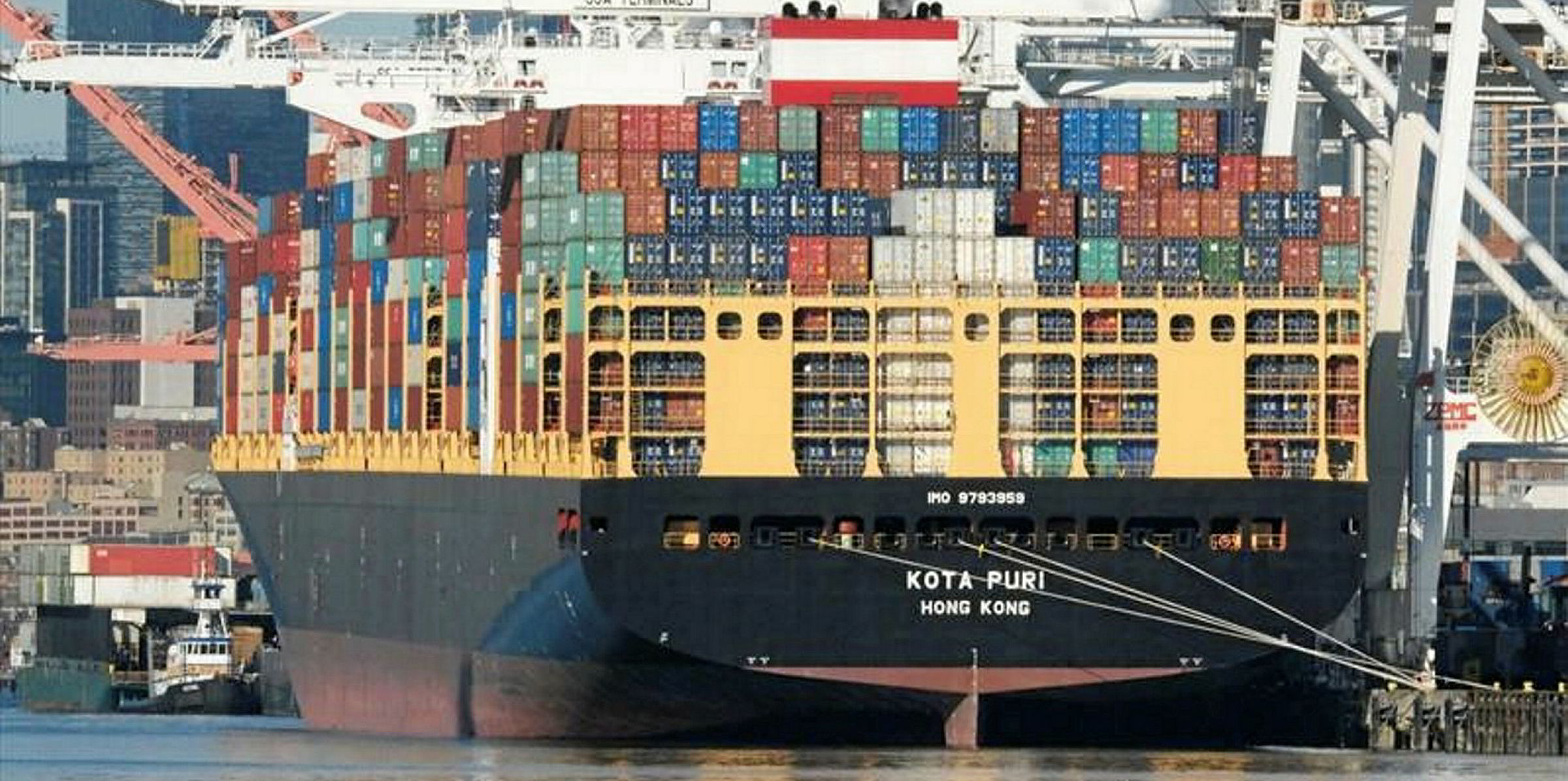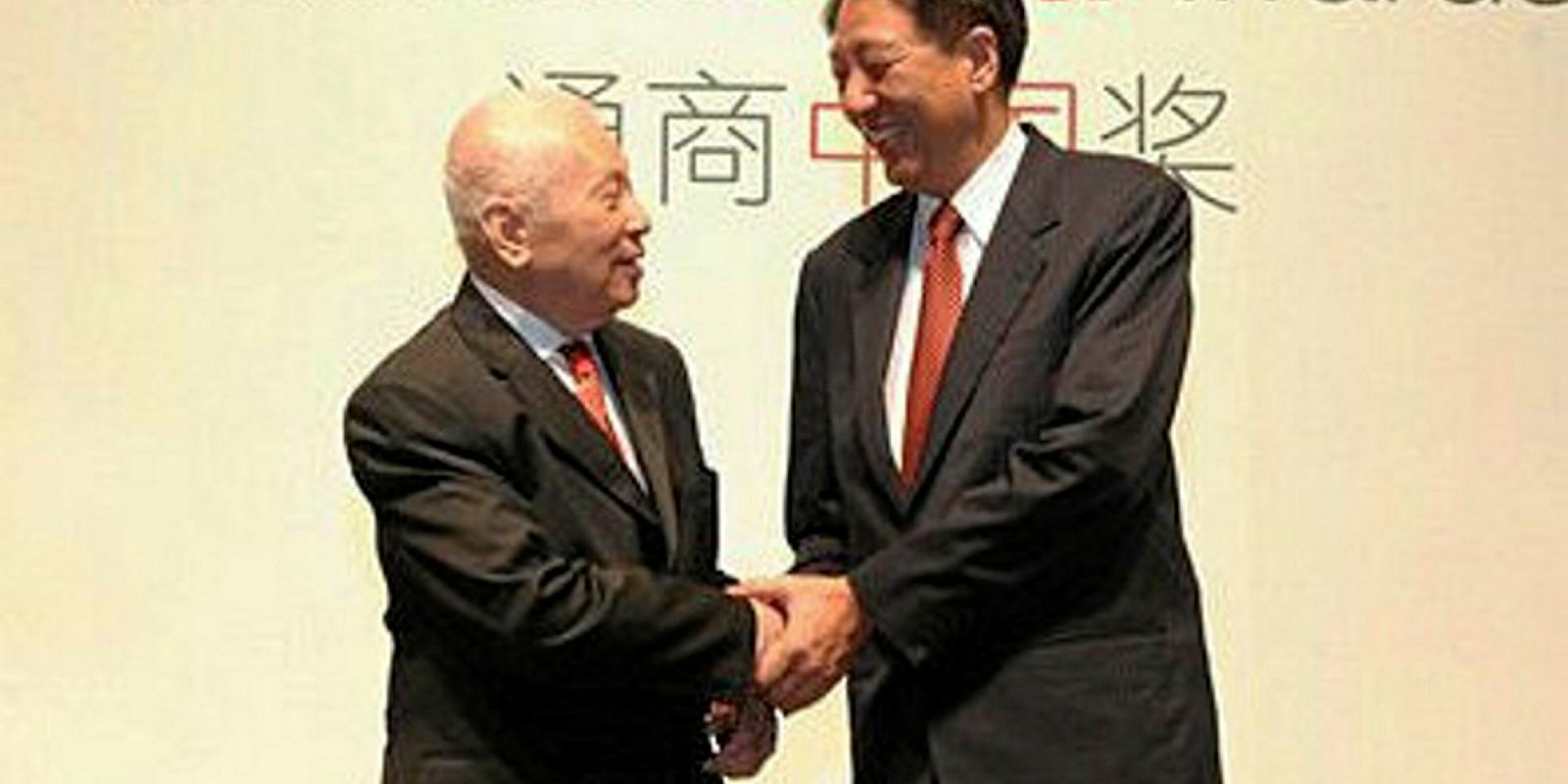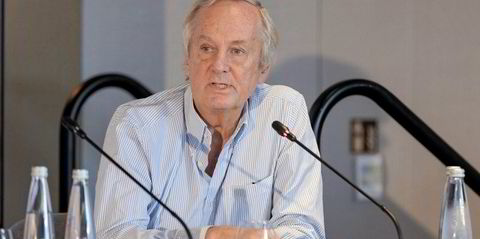Family and associates of Chang Yung Chung (YC Chang) have showered praise on the founder of Pacific International Lines (PIL) after he died last week at the age of 102 at his home in Singapore.
Chang spent 50 years at the helm of the containership operator before standing down as chairman in 2018, aged 100. He also retired from the PIL board but remained as chairman emeritus and continued to advise the board on strategy.
PIL managing director SS Teo, Chang’s son, said the family was proud of his achievements in growing PIL from an outfit that initially only had two ships into the company that it is today: the 10th largest container liner company by total capacity, according to Alphaliner, controlling more than 100 vessels of which 61 are owned and 46 are chartered.
Chang, also known as Teo Woon Tiong, was born in Fujian, China, in 1918. He graduated from Xiamen Datung College, but when Japan invaded the country in 1937, he fled to Singapore to join his father.
During World War II, Chang was imprisoned for almost for a year by the Japanese for supplying food and medicine to rival fighters. He was only released in 1945, when the Japanese surrendered.

Chang started his shipping career in 1949, working for shipping outfits for 18 years before setting up on his own. In 1967, he incorporated PIL in Singapore as a shipowner and operator in coastal trades.
PIL’s success has been attributed to it being one of the first companies to break into the Chinese market and an early mover in Africa and the Middle East.
Close associates of Chang put his success down to his early embrace of the container industry, as well as his ability to run a very tight ship where every expense was closely monitored.
Shipping players described Chang, even when aged 100, as a chronic workaholic. In an interview with CNBC in 2018, Chang said it was “his habit to go to the office everyday”, or he would be bored.
According to a local Chinese newspaper, Chang stopped travelling to the office early this year after travel restrictions were imposed to tackle the outbreak of Covid-19.
Like many of his Singaporean shipping peers, Chang kept out of the limelight. He had 14 children, most of whom work at PIL.





